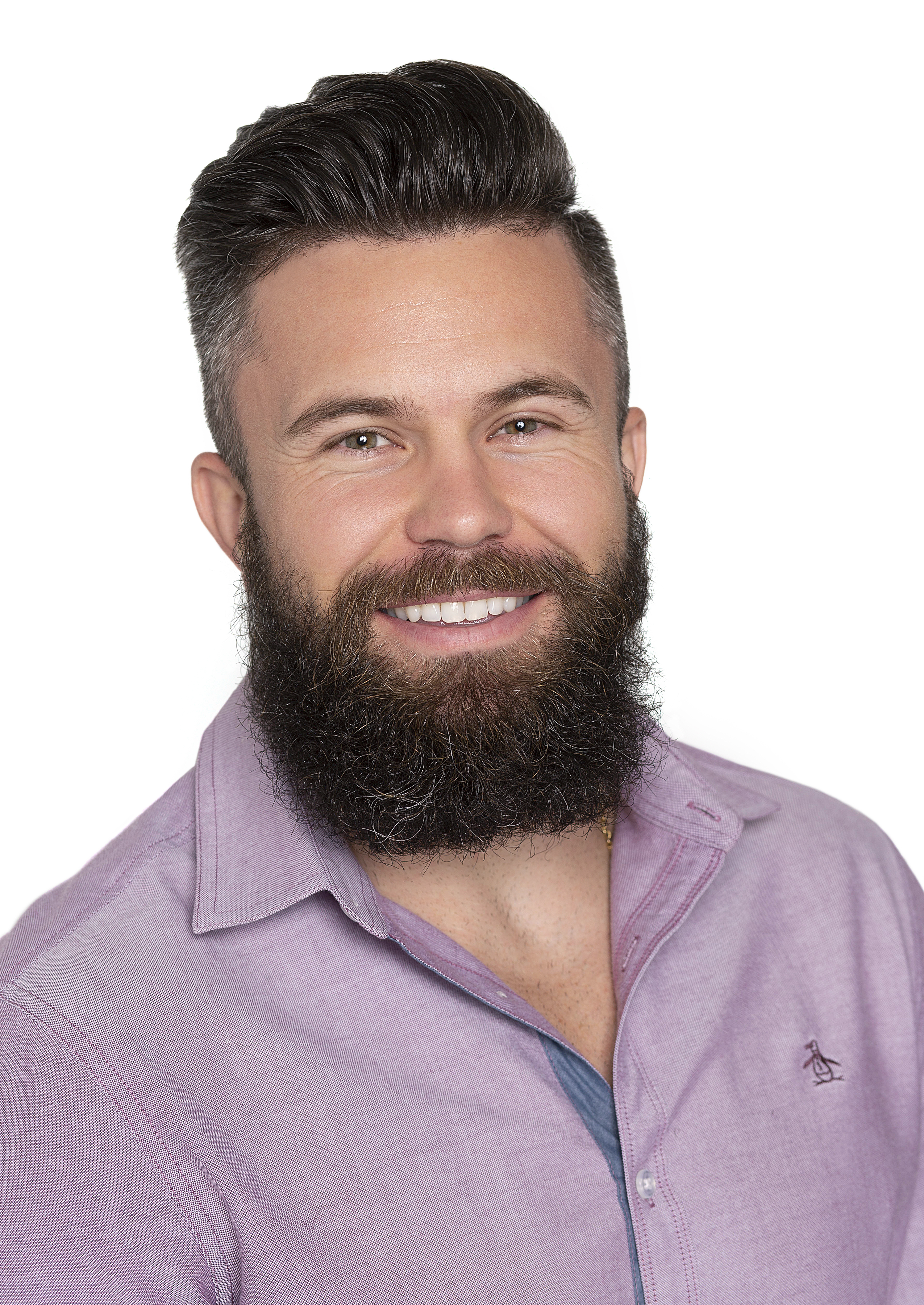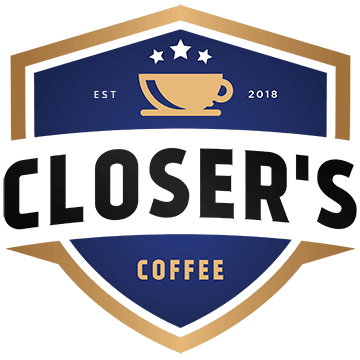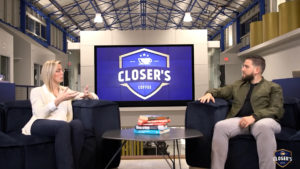
Tell me about who you are and where you come from.
I grew up playing basketball, football, and snowboarding in British Columbia where there’s not much to offer unless you want to live in Vancouver. In high school, I didn’t know what I wanted to do so I went to the oilfield when I was 18 and started roughnecking. Because I was such a city boy and I love the social aspect of life, I knew that I couldn’t be a roughneck for the rest of my life and enjoy it. I went back to school for Petroleum Engineering Technology then got hired on by Canadian Energy Services. They then transferred me to the US in 2010. I built my career from there and got into sales in around 2012 and moved to Houston around that time. I was always looking for something fulfilling. Yes, I’m passionate about drilling holes in the ground, but I’m more passionate about business development.
So, given that passion, what was it like transitioning from engineering to business development?
When I graduated high school, I got into a role that was basically engineering tech stuff. I was behind a computer for 8 to 10 hours and was the type of guy would go crazy in that environment. I do love being at my desk. I love producing work and would say I’m pretty task-oriented. Give me a list of items. I’m going to knock it out and then I can go play. I knew going in, though, that I wanted to be in business development.
However, I knew that I had to get a technical background in order to be a successful salesman in my field. You don’t get a lot of respect or credibility if you walk into someone’s office and say, “Hey, you want to go to the football game?” and the response is like “We’re having issues on our well, I don’t care about the football game because my job is on the line and we have a well control situation” or whatever it is, I’m just using an example. I knew that I had to have the technical background in order to do well in sales. At the end of the day, what do I have? You trust me and you know that I can deliver solutions when you have problems.
I knew I needed both. That’s how I knew I had to go through the grunt work, get the technical background, get the experience, and then eventually the rest fell into place.
When I first learned about you, I came across your LinkedIn videos which although simple, were very engaging and humorous. What is your general perspective around sales reps pushing content on their personal feeds? What does this trend mean to the industry?
I don’t think Oil and Gas sales is something that people want to do. I don’t think it’s being executed to a point where everyone’s jumping on board. I think the idea is catching people’s attention but if you look at videos that are being uploaded to LinkedIn, they aren’t by sales guys, they’re produced by a marketing team. They spend a bunch of money and make a huge production. We just put one out the other day on our expansion and you are getting to know the company and what kind of value they add. But you’re not engaging with the person that you would be buying from. If you’re in a position of buying, you’re not watching videos on getting to know the person you might be buying from. I think video content is starting to become trendier especially in that capacity.
I had a meeting with the marketing manager the other day and we’re starting a podcast strictly related to drilling fluids and then we want to start pumping out YouTube videos. We are hopefully trying to be early adopters in that because I think there’s going to be a huge wave of people trying to get on board. I think the trend is right at the tip of the iceberg, and it’s eventually going to come and be very diluted.
Historically, Oil and Gas is set in the Stone Age. Companies, probably more often than not, still use spreadsheets for everything. The process in which we buy and sell in Oil and Gas needs an overhaul. I feel like it’s exciting because there are a lot of companies from outside of Texas that see that there’s a huge market and they want to capitalize on it. We, as an industry, need help from other industries. Since the last downturn in 2014, a lot of the older generation has retired. So, there’s this young generation that loves social media, loves technology and is looking for that sexy appeal. I’ve jumped on the idea that Oil and Gas will be the next Silicon Valley. There’s obviously a lot of differences but if we can adopt a lot of that, I feel like our industry is going to take off and we’re going to attract a lot of younger people and hopefully people that weren’t necessarily pro-Oil and Gas. I think it is a combination of introducing technology, making it a sexy industry, and most importantly, educating people on why oil and gas can help the economy and can actually help the environment. We’re not a bunch of rednecks, drilling down and dumping chemicals into the earth and not caring.
Considering your transition into sales, how do you handle the constant rejection that comes with the role?
I’ve always felt that if you tell me no, it’s just going to put fuel to my fire. I’m going to find a reason for you until you say yes. I have pretty thick skin. I suppose I have always been rejected by girls and didn’t necessarily give a s***. I guess in life, I’ve been able to build confidence and just let it roll off my back. Early in my career, I was so eager to please. It took time to develop being numb to the emotion of being rejected.
I grew up in an environment where my dad had his own furniture business. He hustled his a** off. So, I kind of understood that if I wanted to get into sales, I needed to be able to take no as an answer and learn how to capitalize on it. There’s always a lesson learned in every cause and effect. You’re always learning. It’s kind of like a game of chess. In my line of field, it’s almost like dating again. You want to treat them nice, you want to fluff them up a little bit, make them feel good, and make it feel like anything that went right was their decision. But there’s an art to it. Everyone reacts differently to certain things. Some people are data-driven. Some people are wanting to be in control. Some people are a peacock, they just puff their chest at everyone answers to them. I love the psychology behind it.
I know there’s a greater reason for what we do. If someone says, “No, I’m not interested”, I don’t want it then. Let me come back to the drawing board. Let me work a different angle. Let me figure out where your mind is.
What advice would you give to someone just entering sales?
Work you’re a** off.
Just be persistent, work, and read as much as you can. Sales is all psychology, so you have to learn so much about that and how to have people trust you. You never want to be known as the sleazy sales guy because that word travels so fast.
It’s funny how lucky you get when you work hard.
There’s a book that got me started really understanding how people think. It’s called How to Win Friends and Influence People. That would be like the first book I would give someone that’s starting out in sales. There’s really no magic formula. Are you willing to work harder and make more calls than your competitor?
Here are the two best pieces of advice I have. Always ask for the work, because no one’s going to just give it to you and never take it personal. 9 out of 10 times, it’s not you as a person that they’re upset at. They’re upset at the situation, you just happen to be the poor son of a b**** that’s on the other end, so it could be anyone.
Like athletes, do you have any routines or superstitions before you go into a sales meeting?
For sports, I would not tie my shoes until the absolute last minute and I do that to this day when I go train. You know it’s funny, I actually do that with work too. I never have my shoes tied until I’m going into a meeting. Yeah, I tied them before leaving my office to come here. It happened when I was growing up too. I played basketball and I’d never tie my shoes until it was time to get on the floor before the whistle blew. I guess in both sales and sports, it just means it’s game time.
Do you remember the first thing that you ever sold?
Yes, cutting boards when I was 6. When I was young, my parents owned a kitchen and cabinetry shop. My dad would build custom cabinets and kitchens and had a ton of leftover countertop. So, he convinced me as side hustler and said “Hey, look at all these scraps. I want you to cut them to this measurement, laminate the edges, and sell them to everyone who walks in here.” I was there on the weekends. I didn’t go to friends’ houses on weekends and if I did, my parents were picking me up at six in the morning on Saturday to work in the shop. Most of the time, asking someone to buy something is very uncomfortable for people. When I was that young, I didn’t like doing it, but over time I got good at it.



